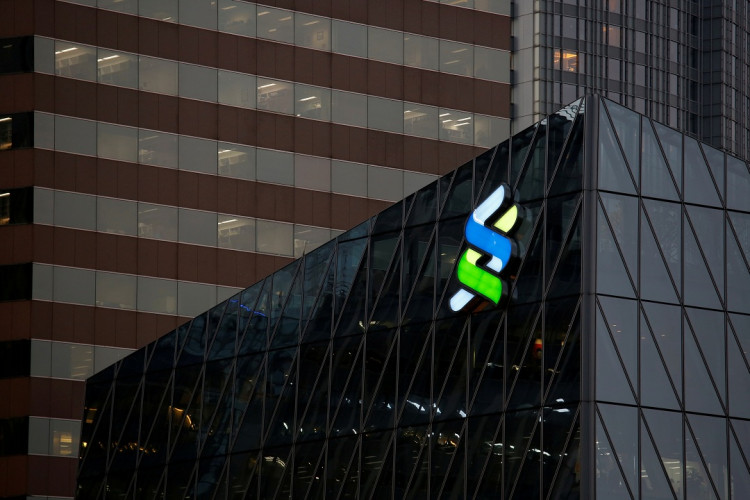Standard Chartered managed to beat analysts' estimates with its third-quarter earnings, bolstered by strong growth in its private banking and investment business. The bank's earnings surprised the market as its performance was a stark contrast to its much larger rival and fellow currency issuer in Hong Kong, HSBC.
For its latest quarter ending on September 30, Standard Chartered reported net profits of $772 million. This was a significant increase from the $752 million in net profits it had generated over the same period last year. The bank reported that it had managed to generate a profit of $1.11 billion before taxes. This exceeded initial analysts' estimates of $1 billion for the quarter.
Following the release of its earnings report, Standard Chartered saw its shares increase by 2 percent to HK$70.70 by closing time on Wednesday. Since the start of the year, the bank's stocks have rallied to 17 percent.
The campaign to rein in costs by the bank's chief executive, Bill Winters, has paid off as Standard Chartered is now set to have its fourth year of rising profitability. Meanwhile, Standard Chartered larger rival HSBC is reporting massive slumps in its bottom lines.
In its earnings report, HSBC reported a 24 percent drop in its earnings for the same quarter, blaming its weak retail banking and global investment operations. The slump was HSBC's biggest quarterly drop in profits since 2016.
In a statement that had accompanied the company's earnings results, Winters mentioned that the bank has managed to endure the challenging external environment due to its focus on executing its strategy of creating a stronger and more resilient business.
Winters further stated that the execution of its tried and tested strategy will remain its priority moving forward. Unlike other banks, Standard Chartered is committed to staying the course and avoiding any "knee-jerk reactions" to sudden market changes.
The negative effects of the ongoing trade war between China and the United States along with the ongoing stalemate of Britain's exit from the European Union has caused global banks to be more cautious in implementing new strategies and investments. Standard Chartered has continued to follow Winter's strategy, which has worked so far to get the bank back into profitability.
Since joining the bank in 2015, Winters has managed to return the bank to profit after two years of losses due to massive restructuring. Winters cut the company's costs by cutting thousands of jobs and removing underperforming assets. The bank aims to return on tangible equity of around 10 percent by 2021.





